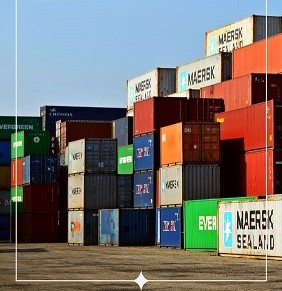In the realm of freight clearing and forwarding, several contemporary trends are shaping the industry and influencing how logistics companies operate. Some of the key trends include:
Digitalization and Automation: The adoption of digital technologies and automation in freight clearing and forwarding processes is on the rise. This trend includes the use of cloud-based software solutions, electronic documentation, automated customs clearance procedures, and data analytics to streamline operations and enhance efficiency.
Supply Chain Visibility: Increased demand for real-time visibility and transparency in supply chains is driving the integration of tracking technologies and IoT devices in freight clearing and forwarding services. By providing accurate and timely information on shipment status and location, companies can better manage logistics operations and respond quickly to potential disruptions.
Sustainability and Green Logistics: In response to growing environmental concerns, there is a push towards sustainable practices in freight clearing and forwarding. Companies are investing in eco-friendly transportation modes, optimizing routes to reduce carbon emissions, and implementing green packaging solutions to minimize environmental impact.
Customs Compliance and Trade Regulations: With the evolving global trade landscape and changing regulatory requirements, freight clearing and forwarding companies are focusing on enhancing their customs compliance capabilities. This includes staying up-to-date with trade regulations, tariff changes, and trade agreements to ensure smooth cross-border shipments.
Integrated Logistics Solutions: To meet the evolving needs of customers, freight clearing and forwarding providers are offering more comprehensive and integrated logistics solutions. This trend involves providing end-to-end services that combine freight forwarding, warehousing, distribution, and value-added services to create a seamless supply chain experience for clients. By keeping abreast of these contemporary trends and embracing innovation in their operations, freight clearing and forwarding companies can remain competitive, adapt to market demands, and deliver value-added services to their customers.

